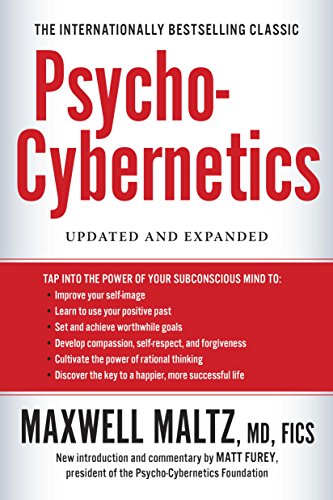The sixth component to a “Success Personality” is to have confidence. This is the next part in my series of what is required to have on-going success throughout your life; what personality traits you need to be a lifetime success.
All the ingredients of a success personality include:
A good personality is one which enables you to deal effectively and appropriately with environment and reality, and to gain satisfaction from reaching goals which are important to you.
The sixth component is…
CONFIDENCE:
Confidence is built upon an experience of success. When we first begin any undertaking, we are likely to have little confidence, because we have not learned from experience that we can succeed.
This is true of learning to ride a bicycle, speak in public, or perform surgery. It is literally true that success breeds success. Even a small success can be used as a stepping stone to a greater one.
Managers of boxers are very careful to match them carefully so they can have a graduated series of successful experiences. We can use the same technique, starting gradually, and experiencing success at first on a small scale.
Another important technique is to form the habit of remembering past successes, and forgetting failures. This is the way both an electronic computer and the human brain are supposed to operate.
Practice improves skill and success in basketball, golf, horseshoe pitching, or salesmanship, not because “repetition” has any value in itself. If it did we would “learn” our errors instead of our “hits.”
A person learning to pitch a baseball, for example, misses the plate many more times than they cross it. If mere repetition were the answer to improved skill, practice will make them more expert at missing since that is what they practice most.
However, although their misses may outnumber hits ten to one, through practice misses gradually diminish and hits come more and more frequently. This is because the computer in his brain remembers and reinforces his successful attempts, and forgets the misses.
This is the way that both an electronic computer and our own success mechanisms learn to succeed.
Yet, what do most of us do? We destroy our -confidence by remembering past failures and forgetting all about past successes.
We not only remember failures, we impress them on our minds with emotion. We condemn ourselves. We flay ourselves with shame and remorse (both are highly egotistical, self-centred emotions). And confidence disappears.
It doesn’t matter how many times you have failed in the past. What matters is the successful attempt, which should be remembered, reinforced, and dwelt upon.
Charles Kettering has said that any young man who wants to be a scientist must be willing to fail 99 times before he succeeds once, and suffer no ego damage because of it.
𝙀𝙭𝙚𝙧𝙘𝙞𝙨𝙚 𝙋𝙧𝙚𝙨𝙘𝙧𝙞𝙥𝙩𝙞𝙤𝙣:
Use errors and mistakes as a way to learning—then dismiss them from your mind.
Deliberately remember and picture to yourself past successes. Everyone has succeeded sometime at something.
Especially, when beginning a new task, call up the feelings you experienced in some past success, however small it might have been.
Recalling brave moments is a very sound way to restore belief in yourself. Too many people are prone to let one or two failures blot out all good memories.
If we will systematically relive our brave moments in memory, we will be surprised to see we had more courage than we thought.
Practice of vividly remembering your past successes and brave moments as an invaluable aid whenever confidence is shaken.
Yours optimally,
Scott
This post is inspired by and a modified extract from the book, ‘Psycho-Cybernetics‘ by Maxwell Maltz

Read more… Failure Is Fun
Failure Is Feedback: Look Forward To The Lessons You Will Learn


